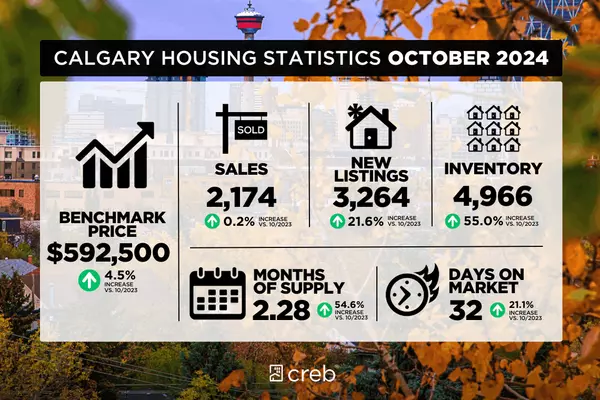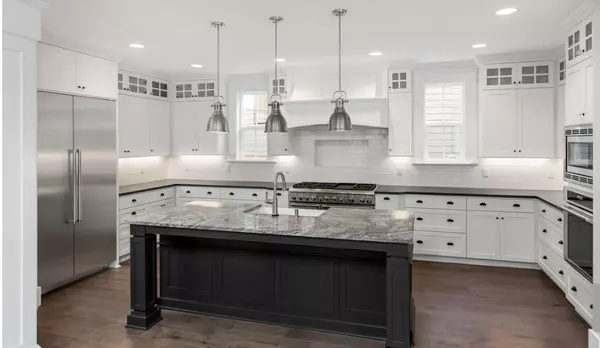
The Difference Between Pre-Qualified and Pre-Approved
While you might hear the terms pre-qualified and pre-approved interchangeably when you start looking into buying a home, they are, in fact, two very different options. Knowing that difference could save you from any potential legal troubles down the road. What does it mean to be pre-qualified?Pre-qualified is generally the first step when considering buying a home. You can easily call a variety of mortgage providers and give them basic information about your income situation and they will provide you with a ballpark figure of the amount you qualify for. This allows you to rule out homes that don’t fall within that price range. It’s not a commitment that they’ll provide you with a mortgage, just an estimate of what you might be approved for should a thorough examination of your financial situation check out. What does it mean to be pre-approved?Pre-approved is an important step if you want to have a leg up as a buyer. Since some buyers shop around after only being pre-qualified, being pre-approved tells the seller that you are ready to go with your offer and that there will be zero issues for you to secure the mortgage on that offer. It requires filling out a mortgage application, as well as submitting detailed information about your employment situation and financial history. Your credit report will be analyzed, and your approval will tell you the exact amount you are approved for, so you can stick to looking at houses in that price range. The big difference?Reliability. While it’s easy to pre-qualify, there is no guarantee to the seller that you’ll actually be approved for a mortgage for the full amount you offer. This means, if they accept your offer and then you apply for approval and it comes back at a smaller number, the contract will be broken, and legal action can be taken. This is risky for both parties, and it’s easily avoided by being pre-approved ahead of time. Which one is right for me?It’s always a great step to begin with pre-qualification, but once you’ve found a lender you are happy with, it’s a good idea to move forward with the pre-approval step if you’re serious about buying sooner rather than later. There may be a fee to fill out the pre-approval application and it only lasts for a window of usually 90 days or less, but if you want a leg up in a hot market, it’s always a good idea to have it before you find your dream home.

7 Home Features to Look for During the Retirement Years
As individuals move toward retirement, they may start thinking about what kind of space would be most suitable to meet the needs of growing older. Some may choose to relocate, while others might opt for doing senior-friendly renovations. Following are some things you might want to ponder as you prepare for your Golden Years. Less yard work. As we age, we may become a little more limited in what we can do physically. Doing outdoor chores like cutting grass, shovelling snow and keeping up with landscaping might be difficult on older folks. A home that requires little maintenance might be a better option. Closeness to family and amenities. That spacious country home out in the boonies may have been perfect to raise a growing family, but it might not fit the bill for seniors. Many seniors like knowing they’re close to other family members and to a host of amenities like grocery stores, banks, a hospital and other shops. A home located in such a neighbourhood may be a good choice. One floor, open plan. Stairs can be dicey and dangerous for seniors to navigate. Finding a home on one floor that has an open floor plan could be an ideal situation. An open floor plan offers the opportunity for a wheelchair or a scooter should the need arise. Easily modifiable. Buying a home in which the floor plan can be changed or modified easily might best suit seniors. Mobility may become a factor later in life and it would be best to have doorways, hallways and entryways which could be widened or altered to be more accommodating. Close to public transit. Some seniors may choose, at some point, to stop driving, and so having a home that is close to public transportation would be an important factor in choosing a forever home. Income potential. Getting older isn’t without its financial considerations. Some may find purchasing a property with passive income potential to be highly attractive. They could live in one unit and rent out the rest. It would give them some extra income during the retirement years. Accommodates a desired lifestyle. Some retirees want to spend most of their time relaxing on their front porches, while others want to remain forever active. Life considerations should come first. If you still want to be hiking when you’re 80, you might look to a home that’s close to nature trails. If you love dining and shopping, down the street from a mall might be the best location.

Questions to Ask Before Buying a Recently Renovated Home
There’s just something about a newly-renovated property, whether it’s gleaming marble countertops afresh, a glass-walled extension or a sparkling new pool. Before you go ahead and put in a rush offer on a home just because it’s been newly renovated, however, it pays to ask a few questions. After all, beauty, as the saying goes, is only skin deep. Who did the renovations?Find out just what renovation company is responsible for the new changes. Check out their credentials and whether they’re accredited. Look through their portfolio and online reviews. Renovation companies must also be licensed by their municipality. Contact the municipality to confirm the license and whether any complaints have been lodged. Some people, yes, even owners of luxury properties, aren’t invested in hiring a quality company, especially if they’re just renovating to sell. Did they get proper permits?Nothing is worse than finding out you actually don’t have a permit for that new in-law suite or third-storey extension. Basic things like aesthetic upgrades likely don’t require permits, but anything structural, electrical or plumbing-related will. Make sure you have proof of permits for any recent renovations to avoid a nasty surprise. This will also ensure that everything was done to code, which keeps you and your family safe. Are there any warranties?Depending on the nature of the renovation, certain items should come with warranties if they were replaced and these should be transferred to the buyer in case of a malfunction or breakage. If the seller is resistant to this, be wary. Do the “renovations” seem like they might be hiding anything?Unfortunately, certain sellers might be tempted to renovate to hide damage. Take a close look at any newly-renovated properties with your agent in tow to investigate. Could that new basement guest suite be hiding prior water damage? Why did the kitchen cabinets have to be replaced? A skeptical eye can be helpful in the long run.
Categories
Recent Posts










